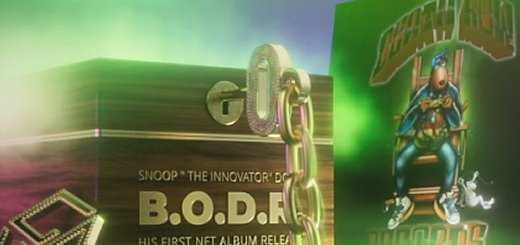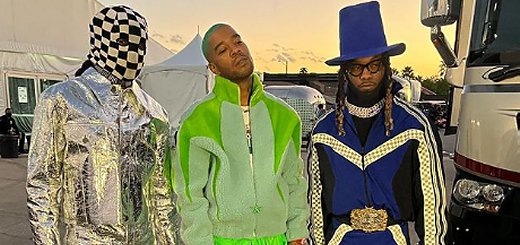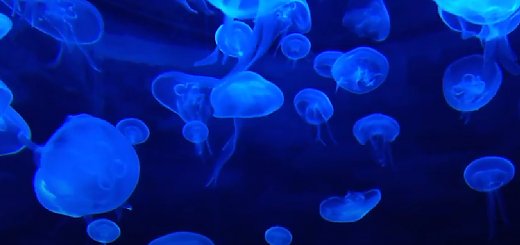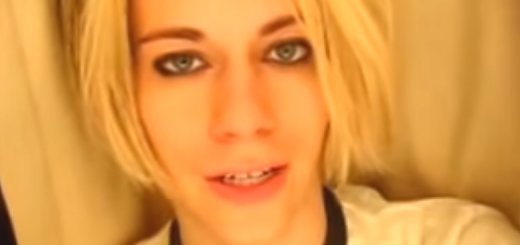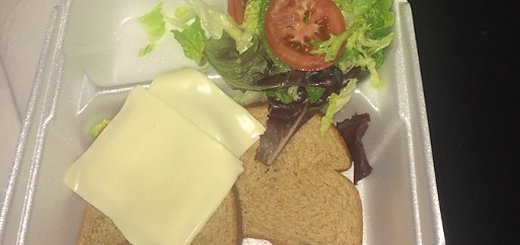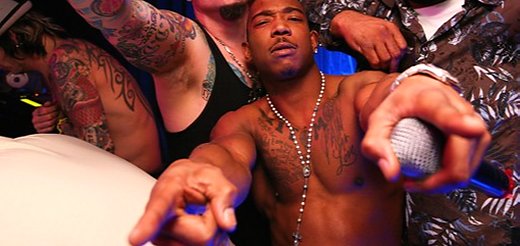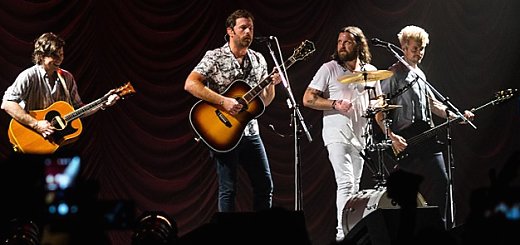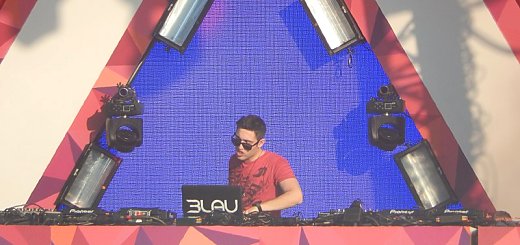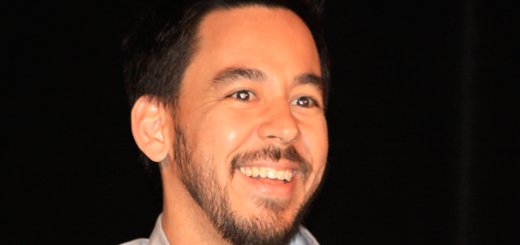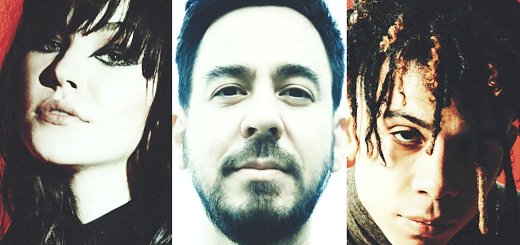FWB: Should musicians keep believing in NFTs?
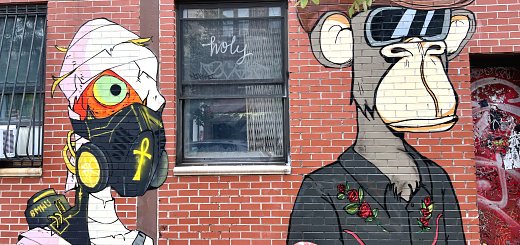
"The market for non-fungible tokens (NFTs) may have collapsed over the last year, but independent musicians are still minting. Is this because the... other revenue options for musicians in a post-pandemic, inflationary economy, in which media is free for everyone with a data connection, have dried up?" - composer and strategist Marc Moglen asks in his FWB piece. "NFTs hold great promise — especially for musicians looking to supplement existing or dwindling monetization opportunities, and especially if enterprising companies manage to crack the code of usability, standardization, and bridging the 'one-way chasm'.”

